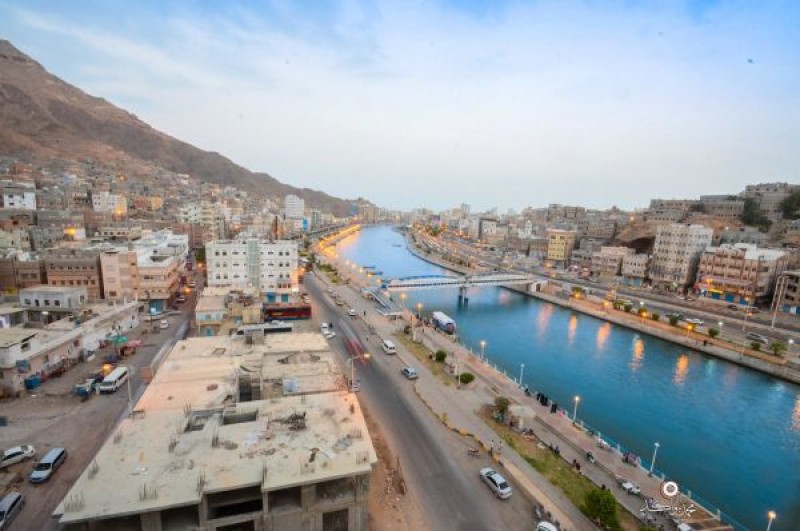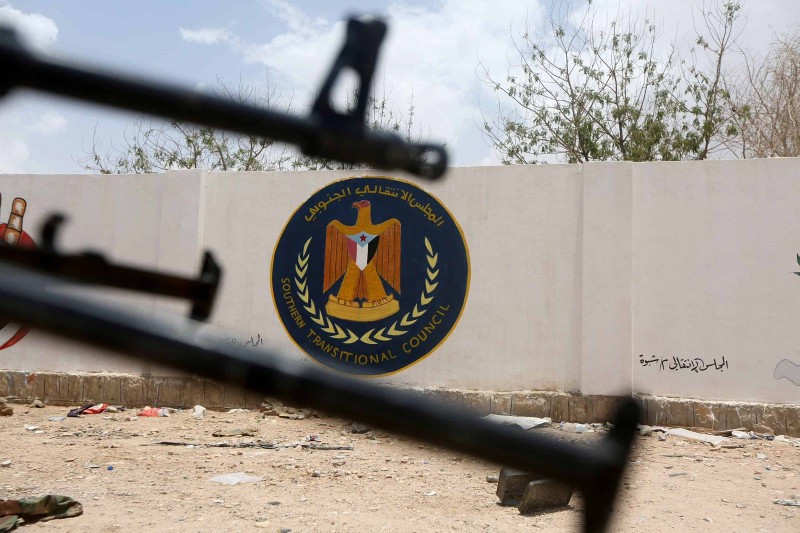U.S. Announces Seizure Of Iranian Weapons It Says Were In Route To Yemen


The United States says it has seized a variety of missiles that the Islamic Revolutionary Guards Corps' (IRGC) Quds Force shipped to Yemen and announced the sale of Iranian oil it seized in August before it reached Venezuela, saying the proceeds will benefit victims of terrorism.
The U.S. Justice Department announced the actions on October 29, saying the missiles were seized after two U.S. warships interdicted two "flagless vessels" in separate routine security operations in November 2019 and February 2020 in the Arabian Sea.
"Aboard both of the vessels were large stocks of weapons, including 171 guided anti-tank missiles, eight surface-to-air missiles, and various other missile components," the department said in a news release. "Subsequent investigation revealed the ships' cargo to be of Iranian manufacture and consistent with known Iranian weapon systems."
It said additional analysis revealed that the arms were from the IRCG's Quds Force and destined for militant groups in Yemen. The United States has long accused Iran of illegally smuggling arms to Huthi rebels battling the Yemeni government.
The U.S. attorney general has filed a complaint seeking forfeiture of the arms, the department said.
The Justice Department also announced on October 29 that it had sold 1.1 million barrels of previously seized Iranian oil that was bound for Venezuela.
It said proceeds from the sale would go to a special fund for victims of state-sponsored terrorism.
The money "will now go to a far better use than either regime, Iran or Venezuela, could have envisioned because it will provide relief for victims of terrorism rather than the perpetrators of such acts," said Elliott Abrams, the State Department's special representative for Iran and Venezuela.
The United States said the fuel originated with firms tied to the IRGC, and shippers of the oil took steps to mask ownership. The original payment for the oil, which the United States seized in August, benefited the IRGC, the Justice Department said.
The announcements came at the same time the Treasury Department and State Department jointly slapped sanctions on a combined 11 different entities and individuals for their involvement in the purchase and sale of Iranian petrochemicals.
A U.S. official said the timing of the actions was not related to allegations that Iranian hackers sought to threaten some U.S. voters by sending them spoofed e-mails that appeared to be from the Proud Boys, a far-right group that backs U.S. President Donald Trump.
Michael Sherwin, the acting U.S. attorney for the District of Columbia, said that the release of the information was "divorced from politics."
"These actions started last summer. And these are fluid, organic situations," he said.

Aden – Yemen is witnessing heightened political activity aimed at defusing tensions in the eastern provinces, where competing forces have vie…

Aden – Anwar Al-Tamimi, spokesman for the Southern Transitional Council (STC), stated that the council’s recent deployments toward Hadr…

NEW YORK — The United Nations Security Council will convene its annual session on Wednesday, December 17, to hear briefings from the chairs o…